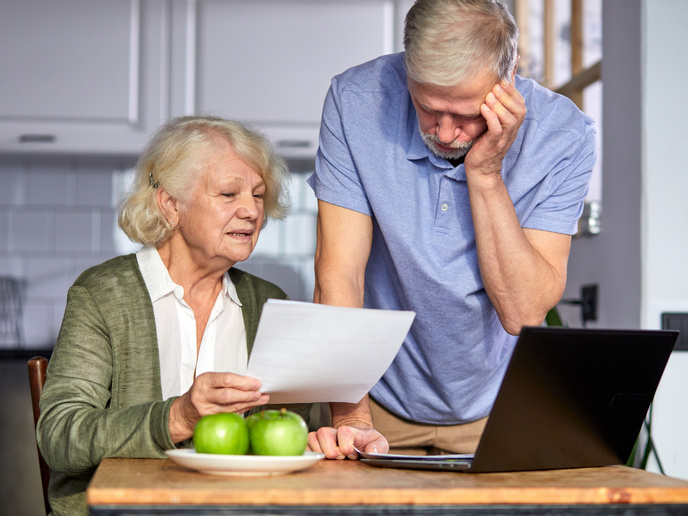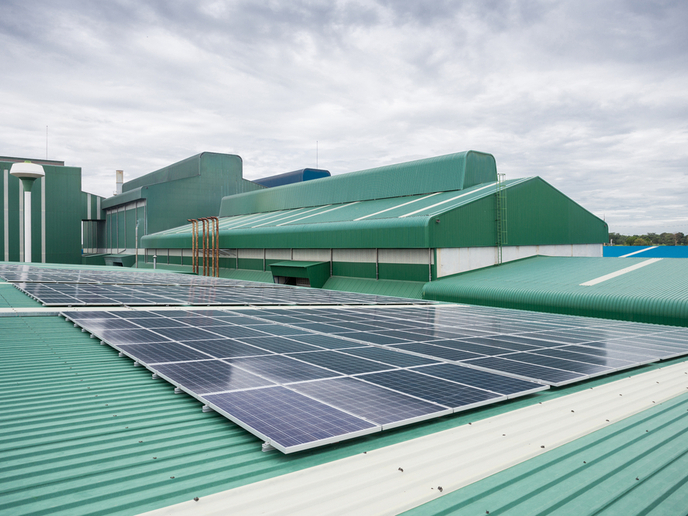Addressing the energy needs of vulnerable citizens
The future of sustainable energy in Europe relies on the empowerment of its energy consumers, however, energy poor citizens living in substandard homes or suffering from other causes of energy poverty are at risk of being left behind. The EU-funded STEP(opens in new window) project prioritised advice, training and advocacy and worked through existing and new channels to support nine EU countries (Bulgaria, Cyprus, Czech Republic, Latvia, Lithuania, Poland, Portugal, Slovakia and the United Kingdom) with high rates of energy poverty.
Sharing best practices for energy savings
Improving the living conditions of energy-poor consumers was a central objective of the project. The European consumer organisation(opens in new window) (BEUC) coordinated with national consumer and research organisations to deliver trusted advice about energy saving measures and financial support schemes. STEP partners set up national referral networks with frontline organisations and facilitated 150 workshops, reaching over 16 000 consumers. Over 1 000 frontline workers were trained to identify energy poverty and offer practical advice. The pandemic made this challenging, but the project redirected its outreach efforts. According to project coordinator Sara Patrone: “In overcoming the challenges posed by the pandemic, the project not only demonstrated resilience but also showcased its ability to pivot strategically, ensuring the uninterrupted provision of crucial services during unprecedented times.” By employing multiple avenues to connect with consumers, STEP exceeded its goals. For example, partners created energy advice offices, video materials, and an extensive online training programme in nine languages to advise and train consumers, consumer organisations and frontline workers on energy related matters. They also held special workshops for visually impaired citizens and made programmes for radio and television to ensure broader outreach. Advice for making no- or low-cost energy efficiency improvements includes tips such as not blocking radiators, insulating attics and using shades and shutters to help cool or heat a home. With the efforts made by STEP to build trust with consumers and deliver tailored advice, the project triggered primary energy savings of up to 38 gigawatt-hours (GWh), highlighting the effectiveness of its approach.
Consumer organisations guide policy
The most effective solutions for energy savings are still out of reach for low-income households. Renters, in particular, have little recourse when it comes to implementing costly renovations such as replacing windows and doors or installing solar panels. For this reason, STEP delivered advocacy work in addition to direct consumer advice. STEP’s advocacy efforts informed the development of a number of policy recommendations, leading to concrete results at the national level. The Slovakian partner’s(opens in new window) efforts led to the government announcement of its first ever home energy renovation programme that would be inclusive of vulnerable consumers. The Lithuanian partner(opens in new window) put forward user-friendly energy bills with an energy advice hotline number printed on the invoice. The impact of STEP will outlive the duration of the project, and some partners are currently involved in the CLEAR-X project on collective purchase schemes. As BEUC energy policy officer Eoin Kelly says: “This multifaceted engagement with policymakers aims to influence systemic change, ultimately benefitting those affected by energy poverty.”







